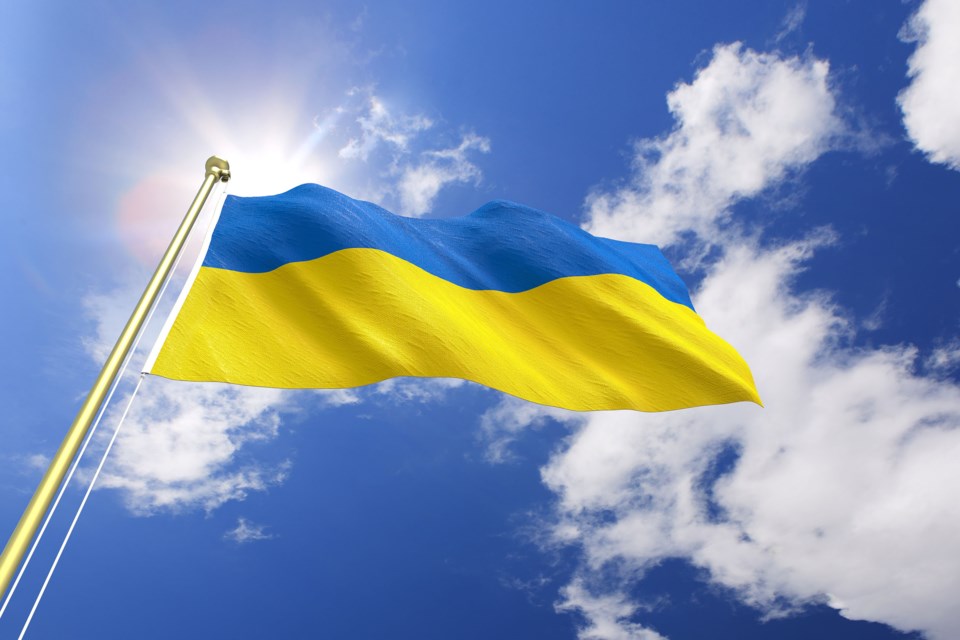The world has been shocked by Vladimir Putin’s aggression in neighbouring Ukraine, and we all watch in horror as millions of people are made to suffer. What lessons does the current situation reveal to us about our humanity?
The first is that we are capable of responding to people in need with empathy. The media coverage of the Ukraine crisis has been constant, and the events are being followed all over the world. People want to help those in need and they want to see peace restored.
Not since the Vietnam War has the media been more effective in mobilizing populations to demand an end to aggression. Perhaps if there was more frequent coverage of other conflicts, we would see less unnecessary suffering. If we saw the same type of footage of families fleeing for safety in Iraq in 2003, or today in Yemen, Syria, the Democratic Republic of the Congo, as well as many other countries, we would pressure our governments to develop a more compassionate foreign policy. If we noticed the families freezing through harsh winters in refugee camps, we would not have over 82 million forcibly displaced persons in the world in 2022.
Thirty years ago, the world was much more optimistic. The Cold War ended and the Soviet era military agreement, known as the Warsaw Pact, was dissolved. While the American backed North Atlantic Treaty Organization (NATO) continued to exist, Soviet leader Mikhail Gorbachev was promised that it would not expand eastward. One can understand the anxiety among the former Warsaw Pact countries who have powerful Russia on their doorstep, but we need to ask if NATO membership was their best option.
Perhaps the problem has been in our leadership.
In his book Why We Elect Narcissists and Sociopaths and How We Can Stop, author Bill Eddy analyzes the behaviours of several high-conflict politicians and notes their commonalities. They tend to create fantasy crises, choose fantasy villains, paint themselves as the fantasy hero, manipulate the media, and ultimately do great damage. The most obvious example is Adolf Hitler, who blamed the Jews and other minorities for all of Germany’s problems. He used the media, primarily radio, to convince people that his lies were true, and in the end Hitler and his henchmen were responsible for over 55 million deaths.
Eddy uses Vladimir Putin as a current example of a high conflict leader. Putin has used numerous fantasy crises, targeting foreign politicians and governments, homosexuals and others. He controls the media and he has manipulated the Russian political system to remain in power. Taken from this perspective, his aggressions in the Ukraine are not surprising.
To be fair, Eddy notes several other leaders from all sides of the political spectrum who demonstrate high-conflict behaviours. Some of them, like Putin, are still in office.
While we may never eliminate high-conflict leaders from taking power, there is much that can be done to limit their impact. It goes without saying that democratic structures with checks and balances are essential. Beyond this, however, it is important for ordinary citizens to focus on the truth of our common humanity. Manipulative fantasy crises and stories of fantasy villains fail to gain traction when they are met with healthy skepticism among the populace.
We also need to remember that peaceful solutions to tensions between Moscow and Washington are not without precedence. While much of Europe remained heavily militarized throughout the Cold War, in 1955, all Allied occupying armies, including the Soviets, withdrew from Austria in exchange for an Austrian commitment to remain neutral. In 1962, the Cuban Missile Crisis ended because the Soviets agreed not to place ballistic missiles in Cuba and the Americans agreed to withdraw theirs from Turkey.
Over the last centuries, Ukrainians have suffered greatly and unjustly from war and genocide. They deserve to live in peace, and we must find a way to make that happen.
Gerry Chidiac is a Prince George writer.



